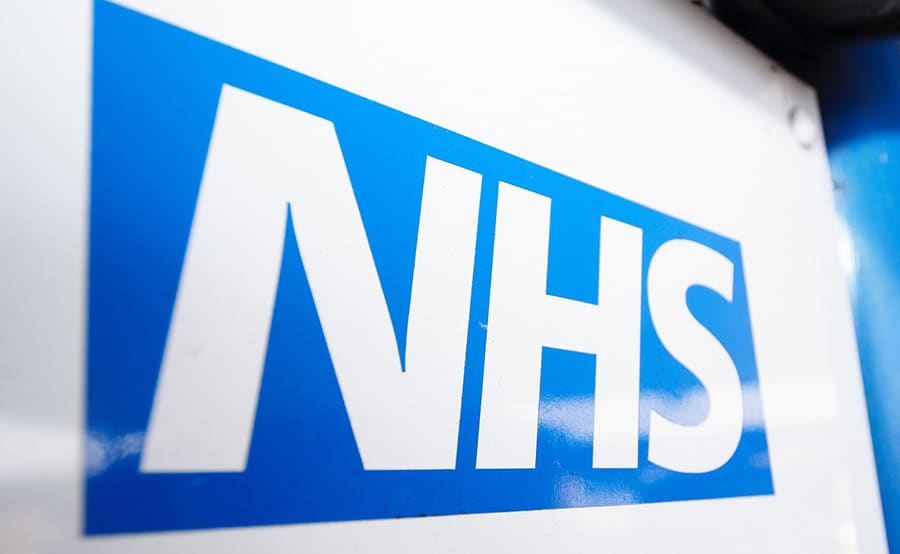£250m UK Government funding to provide 900 new hospital beds as a plan to cut waiting lists
Health and Social Care Secretary, Steve Barclay, recently announced that 900 new hospital beds will be delivered across the NHS as part of £250 million UK Government funding to help treat patients more quickly this winter.
The funding has been awarded to NHS trusts to relieve pressures and help cut waiting lists, one of the government’s top five priorities.
Responding to the announcement, Rory Deighton, director of NHS Confederation’s Acute Network, commented: “Healthcare leaders are supportive of the aims of NHS England’s recovery plan and will welcome this funding to help deliver it.
“Increasing bed numbers is a sensible and necessary step to boost capacity and, if delivered, should help with both winter pressures and the timely care of the sickest patients. Leaders will be keen to utilise this funding as soon as possible.”
30 NHS organisations across England will benefit from the investment in urgent and emergency care services. This includes developing or expanding urgent treatment centres and same-day emergency care services, which will help patients to be seen more quickly, without being admitted to hospital. NHS England expects that the majority of schemes will be completed by January 2024 to help deal with winter pressures.
This investment is part of the NHS urgent and emergency care recovery plan, published in January 2023, which set out plans to provide over 5,000 additional permanent, fully staffed hospital beds in total, with the NHS on track to deliver this by winter. The 900 new beds are part of this commitment.
Health and Social Care Secretary said: “We know that winter is a difficult time so we’re working to get ahead of pressures while also creating a sustainable NHS fit for the future. That’s why we’re investing this £250 million to support NHS capacity and deliver 900 new beds, as part of our drive to put in place 5,000 permanent additional beds.
“Creating additional hospital capacity will support staff to provide the best possible care and treat patients more quickly, helping us to improve waiting times and cut waiting lists – one of the government’s top 5 priorities.”
In total, the schemes will create 900 beds which includes over 60 intermediate care beds and improving assessment spaces and cubicles in A&E.
Examples of schemes include Peterborough City Hospital, where £12.5 million will be used to provide 72 hospital beds through the conversion of under-utilised non-clinical space. In London at the Northwick Park Hospital, a 32-bed modular acute medical ward is being created through a £22.6 million investment to increase the hospital’s capacity this winter.
Several trusts will develop or expand urgent treatment centres to treat patients more quickly, helping to reduce waiting times, including Hull Royal Infirmary, James Cook University Hospital, Airedale General Hospital, and Worthing Hospital.
Some trusts will also use the funding to develop or expand same-day emergency care services, including in Whipps Cross Hospital, Royal Surrey County Hospital, Croydon University Hospital, and Worthing Hospital. Same-day emergency care services help to assess, diagnose and treat patients more quickly, without needing to be admitted to a hospital ward.
The schemes will also operate alongside the NHS’ new ‘care traffic control’ centres, which will identify and coordinate the best and quickest options for patients to be safely discharged from hospital when they are ready, either at home or into social or community care.
The centres will bring together teams from across the NHS, social care, housing, and voluntary services in one place to help make live decisions and offer patients everything they need in one place.


